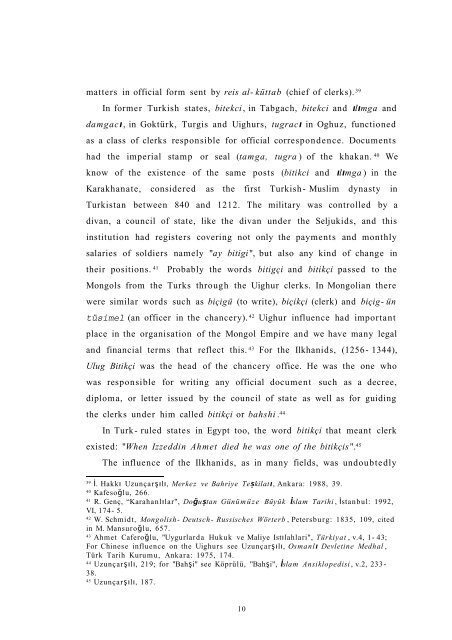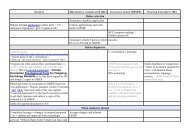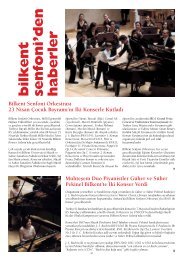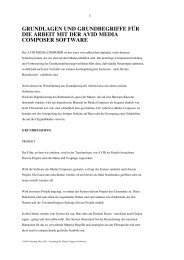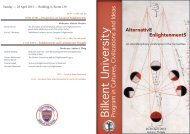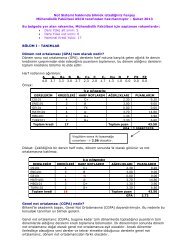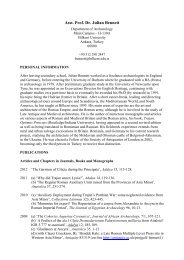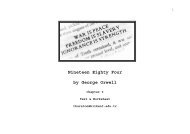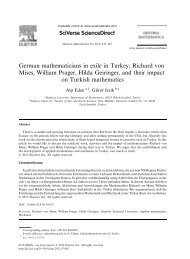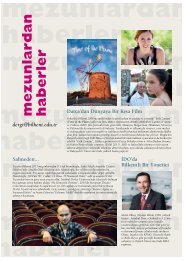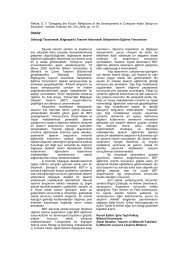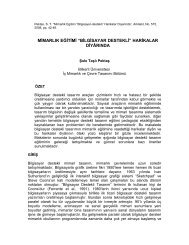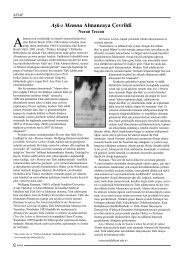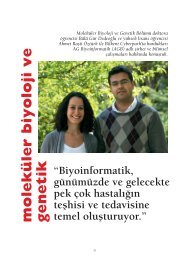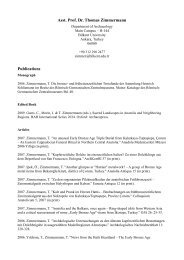The word Berat comes from the Arabic word ... - Bilkent University
The word Berat comes from the Arabic word ... - Bilkent University
The word Berat comes from the Arabic word ... - Bilkent University
Create successful ePaper yourself
Turn your PDF publications into a flip-book with our unique Google optimized e-Paper software.
matters in official form sent by reis al- küttab (chief of clerks). 39<br />
In former Turkish states, bitekci, in Tabgach, bitekci and ılı mga and<br />
damgacı , in Goktürk, Turgis and Uighurs, tugracı in Oghuz, functioned<br />
as a class of clerks responsible for official correspondence. Documents<br />
had <strong>the</strong> imperial stamp or seal (tamga, tugra ) of <strong>the</strong> khakan. 40 We<br />
know of <strong>the</strong> existence of <strong>the</strong> same posts (bitikci and ılı mga ) in <strong>the</strong><br />
Karakhanate, considered as <strong>the</strong> first Turkish- Muslim dynasty in<br />
Turkistan between 840 and 1212. <strong>The</strong> military was controlled by a<br />
divan, a council of state, like <strong>the</strong> divan under <strong>the</strong> Seljukids, and this<br />
institution had registers covering not only <strong>the</strong> payments and monthly<br />
salaries of soldiers namely "ay bitigi", but also any kind of change in<br />
<strong>the</strong>ir positions. 41 Probably <strong>the</strong> <strong>word</strong>s bitigçi and bitikçi passed to <strong>the</strong><br />
Mongols <strong>from</strong> <strong>the</strong> Turks through <strong>the</strong> Uighur clerks. In Mongolian <strong>the</strong>re<br />
were similar <strong>word</strong>s such as biçigü (to write), biçikçi (clerk) and biçig- ün<br />
tüsimel (an officer in <strong>the</strong> chancery). 42 Uighur influence had important<br />
place in <strong>the</strong> organisation of <strong>the</strong> Mongol Empire and we have many legal<br />
and financial terms that reflect this. 43 For <strong>the</strong> Ilkhanids, (1256- 1344),<br />
Ulug Bitikçi was <strong>the</strong> head of <strong>the</strong> chancery office. He was <strong>the</strong> one who<br />
was responsible for writing any official document such as a decree,<br />
diploma, or letter issued by <strong>the</strong> council of state as well as for guiding<br />
<strong>the</strong> clerks under him called bitikçi or bahshi . 44<br />
In Turk- ruled states in Egypt too, <strong>the</strong> <strong>word</strong> bitikçi that meant clerk<br />
existed: "When Izzeddin Ahmet died he was one of <strong>the</strong> bitikçis". 45<br />
<strong>The</strong> influence of <strong>the</strong> Ilkhanids, as in many fields, was undoubtedly<br />
39 İ. Hakk ı Uzunçar şıl ı, Merkez ve Bahriye Teşkilat ı, Ankara: 1988, 39.<br />
40 Kafeso ğlu,<br />
266.<br />
41 R. Genç, “Karahanl ılar", Doğuştan Günü m ü ze Büyük İ slam Tarihi , İ stanbul: 1992,<br />
VI, 174- 5.<br />
42 W. Schmidt, Mongolish- Deutsch - Russisches Wörterb , Petersburg: 1835, 109, cited<br />
in M. Mansuro ğlu,<br />
657.<br />
43 Ahmet Cafero ğlu, "Uygurlarda Hukuk ve Maliye Istılahlari", Türkiyat , v.4, 1- 43;<br />
For Chinese influence on <strong>the</strong> Uighurs see Uzunçar şıl ı, Osmanl ı Devletine Medhal ,<br />
Türk Tarih Kurumu, Ankara: 1975, 174.<br />
44 Uzunçar şıl ı, 219; for "Bahşi" see Köprülü, "Bahşi", İ slam Ansiklopedisi , v.2, 233-<br />
38.<br />
45 Uzunçar şıl ı,<br />
187.<br />
10


